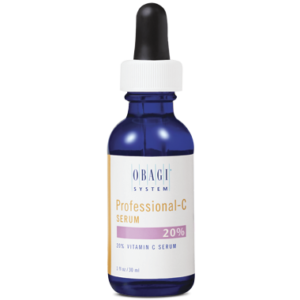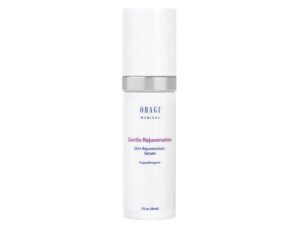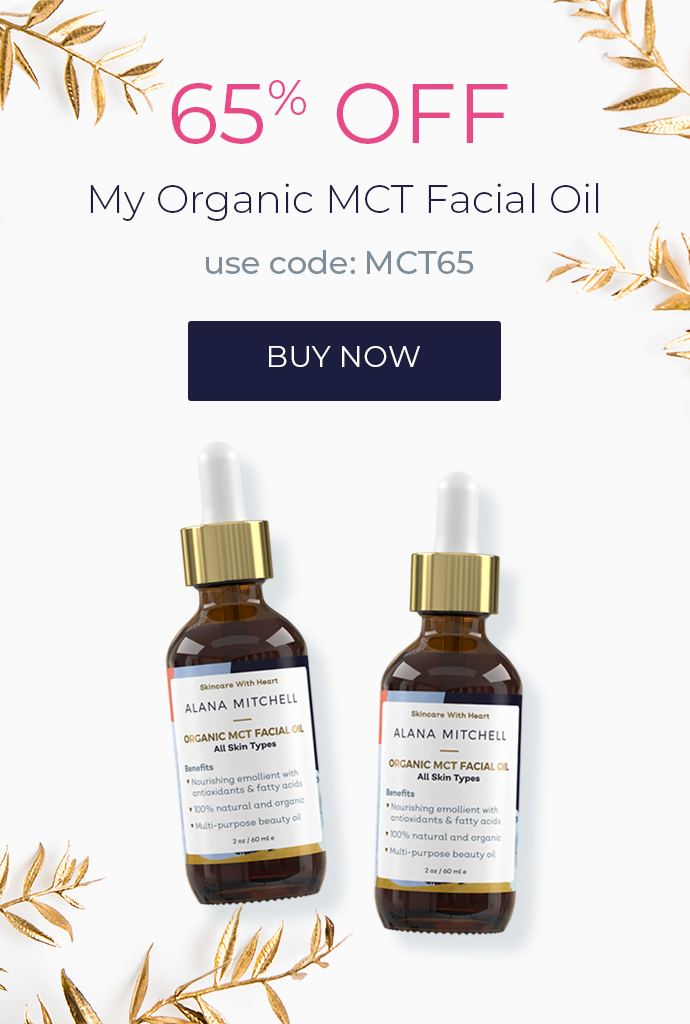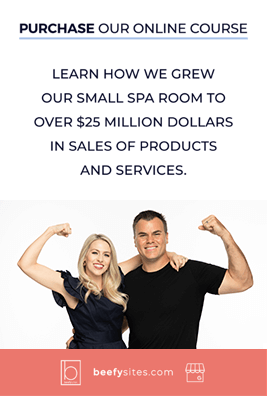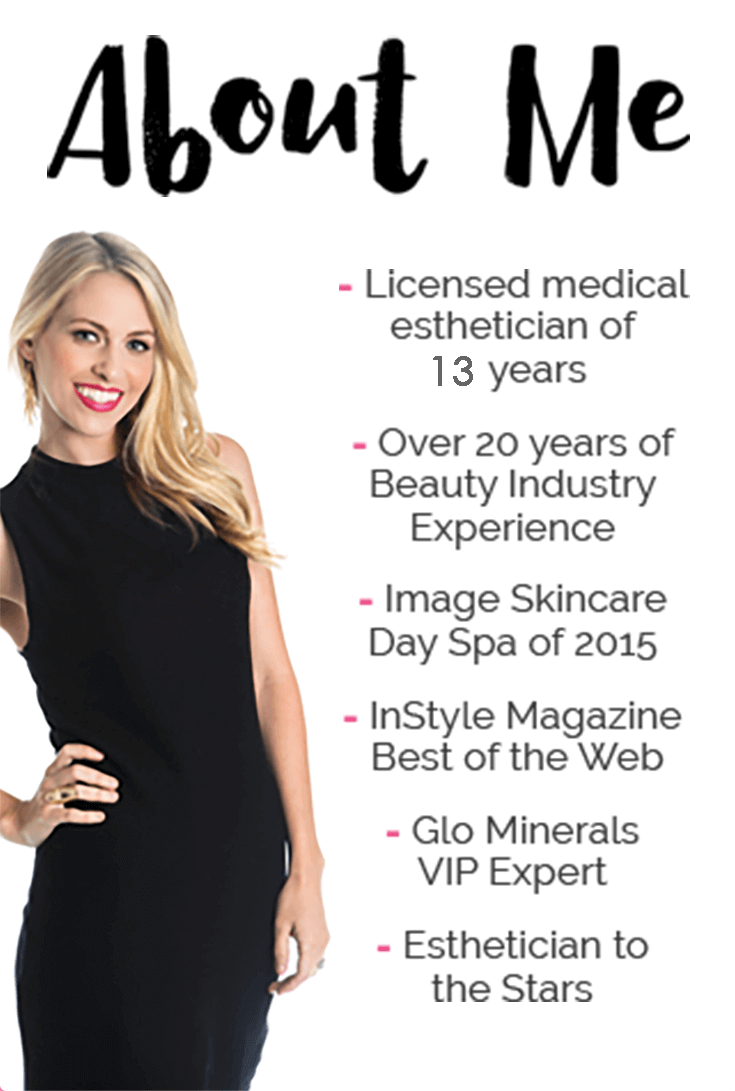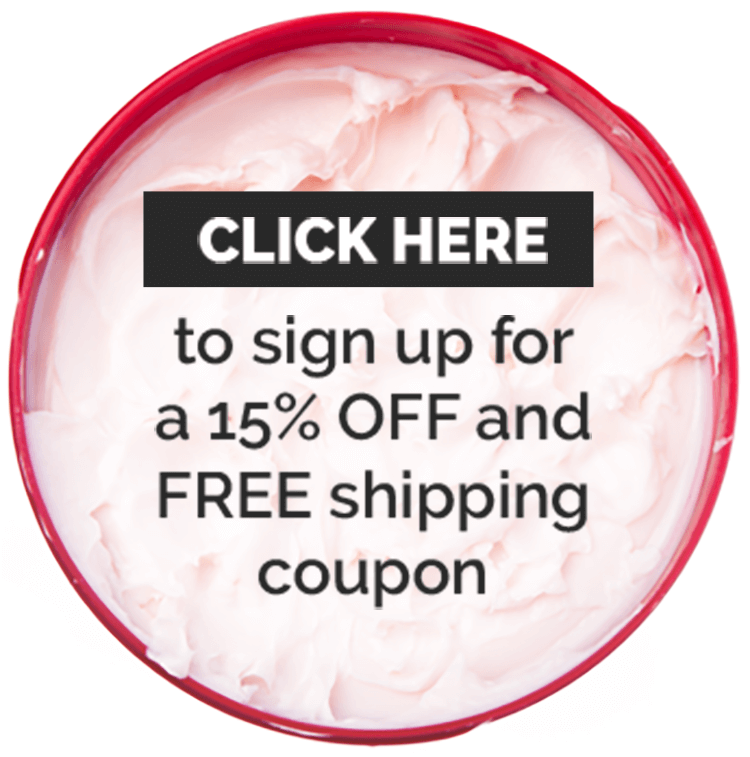What Should You Be Using In Your Skin Care Routine?
Take my quiz and get personalized recommendations from a
licensed esthetician!
Chapter 5: Medical, Spa Grade, Department Store, or Drugstore
You Don't Necessarily Get What You Pay For
I feel like this is a good way to summarize skincare products.
Let's say you buy a $40 eye cream at a department store.
After using it for two months, you decide it wasn't worth the investment.
The results are just "meh."
In fact, you notice better results with a $12 eye cream you bought at the drugstore.
But how were you supposed to know that before buying the product?!
The department store brand is high-end and reputable, after all.
If you're like me, you don't want to spend hundreds of dollars trying and testing different formulas (I know I already have enough beauty products as is!).
Additionally, the survey found that the average "worth" value of a woman's face costs $8 per day.
So how can you find the best products that work for your skin?
Are medical-grade skincare products inherently better?
I'm dishing out everything you need to know in this chapter!
Defining Different Grades
The FDA divides skincare products into two categories: cosmetics and drugs.
Cosmetics are considered to make people more attractive.
An example is a concealer that reduces the appearance of wrinkles around the eyes.
The law doesn't require cosmetics to be FDA-approved before going on the market.
Drugs are considered to affect the structure or function of the skin.
They can affect its appearance, too.
For example, if a serum is intended to increase the skin's production of collagen, it's a drug.
Medical devices fall into this category as well.
Drugs must have FDA approval for safety and effectiveness before they go on the market.
Speaking in general terms, medical-grade and spa-grade skincare products are often considered to be drugs, while department and drugstore skincare products are considered cosmetics.
So, what else differentiates skincare product grades?
Let's dive in!
Breaking It Down

These factors are responsible for price differences as well.
How are the different types of products defined?
Keep on reading!
Drugstore Products
Also known as over-the-counter (OTC) products, these are easily accessible.
The concentration of active ingredients is limited due to cost and consumer safety.
Keep in mind that brands can spend a lot of money on marketing and brand positioning (think of celebrity spokespeople and TV commercials) rather than product research.
Just because a particular brand is sold in a drugstore doesn't make it inferior or lower quality, though.
Some products, like Differin, can make their way over the counter after being prescription-only.
Many dermatologists approve and recommend drugstore products.
Medical/Spa-Grade Products
These products are usually similar, which is why I'm grouping them together in the same category.
These formulas contain stronger ingredients to treat different skin conditions, like sun damage, hyperpigmentation, and wrinkles.
Some of these products, like a rosacea cream, for example, may only be available with a prescription from your dermatologist.
Spa-grade products are also commonly referred to as "cosmeceuticals."
You can buy these products from online retailers (like myself!) or visit your esthetician or dermatologist to buy them.
If you're looking for some serious #skingoals, these formulas are highly recommended to get you the results you want.
They correct problems that occur in the deeper layers of the skin and are made with concentrated ingredients, like:
- Retinol (vitamin A)
- Vitamins C and E
- Glycolic acid
- Lactic acid
Yes, these products are more expensive - but they're been researched and tested.
And, less product is typically needed to deliver results, so the medical grade products may be a better bargain in the long run.
The most important factor is to ensure that you actually need and will benefit from the use of a particular ingredient.
Otherwise, you are spending money on a product that will not produce the desired results, regardless of the concentration of that ingredient.
Department Store Brands
Generally speaking, these products fall somewhere in the middle of medical/spa-grade products and drugstore products.
Department store brands focus on a luxurious experience, and many people favor their high-quality makeup formulas.
However, they're not inherently better than OTC products.
Many of these companies fall under the same umbrella as drugstore brands.
In fact, you may just be paying for nicer packaging and the name.

Why Are We Drawn to Luxury Brands?
You know I'm all for treating yo' self...who doesn't like to splurge once in a while?!
But the evidence suggests that our decisions to purchase a luxury product are overwhelmingly emotional.
It can make us feel secure, content, and confident.
Before we go any further, let me stop here.
If you've found a high-end skincare product that works for you and delivers results, then I'm thrilled!
I don't want to discourage you from buying what you want.
Rather, I want to educate you about why we feel drawn to more expensive brands without considering a product's effectiveness.
Psychology says that purchasing a luxury product can be driven by perceptions about self-identity, social comparison, and motivation, the concept of self.
For others, luxury brands may be considered "authentic" and "timeless."
Advertising Claims Lure Us In
When it comes to skincare products, especially anti-aging ones, we envision ourselves with fabulous results.
They lure you in promising to make you look a decade younger in as little as four weeks or to dramatically plump up your sagging skin.

The goal of these companies is sales, sales, sales.
It's no secret that advertisements target our insecurities and emotions.
When the products don't live up to their claims, it's disappointing.
Many ads use pseudoscience, which is a claim, practice, or believe that is presented as scientific, but really isn't.
The Truth About Packaging and Formulas
We equate more "expensive-looking" packaging with more sophisticated technology.
We expect the quality inside to match the outside.
But there's more than meets the eye!
According to Joyce de Lemos, a cosmetic chemist:
“We have no problem taking an amazing formula and taking out the most expensive parts, like the proprietary ingredients or signature scent, then repackaging it for a cheaper product. Giant brands will often take a formula from one brand that’s doing really well, and they’ll just decorate it and repackage it for another brand.”
So, you can see more dramatic results with a pricier, higher-end product due to an exclusive blend of ingredients, but the base can be exactly the same as an OTC product.
On the flip side, however, brands don't have to reveal what goes in their proprietary blends.
Hypothetically speaking, you could be purchasing a product with 90% water and only 10% active ingredients.
You may have heard of "dupes" - a cheaper product that serves as an effective substitute to a similar, more expensive product.
Sometimes, however, you're just paying for the brand name.
The Kylie Jenner and ColourPop scandal comes to mind.
The two products have the same formula, but Kylie Jenner's costs significantly more.
Overall, it's natural to assume that the more expensive product will deliver better results, but the truth is that there are great and effective products in all price ranges!
And, ultimately, the purpose of skincare packaging isn't to look pretty on your bathroom counter - it should protect delicate ingredients, like retinoids and essential oils, from light and air, which can cause them to destabilize and lose potency.

Labels to Look Out For
As I mentioned above, many companies can make exaggerated or false claims about their products and get away with it.
They can use these statements to influence customers to buy, buy, buy.
Non-comedogenic/Non-acnegenic
Those who struggle with acne may reach for products that claim to not clog pores or not cause acne.
However, there aren't approved or regulatory standards with these terms.
As a general rule, the thicker the product, the more likely it is to be pore-clogging.
Clinically proven
This does not mean the product went through clinical trials and received approval from the FDA.
Instead, it means the product was given to people to try in an experimental setting.
Dermatologist-approved/Dermatologist-tested
This claim sounds official and professional, but again, it's not supported by any agreed-on standards.
It could mean something or nothing.
The dermatologist could be on the payroll of the cosmetics company and used their standards to "approve" the product.
The same goes for the "test" - it's meaningless unless you read about it and know the results.
The exception to these claims is dandruff shampoo, which is considered a drug because it treats a medical condition.
If you really want a dermatologist-recommended product, I say go visit your own and ask what products they use!
Hypoallergenic
If you have sensitive skin, you may reach for a product that says its "hypoallergenic."
However, this doesn’t mean it’s foolproof against allergies.
“Hypoallergenic” just means it’s less likely to cause allergic reactions in most people.
As of now, there are no federal standards or definitions governing the use of the term.
Unscented
You may think a product marketed as “unscented” won’t have a detectable odor.
But it may contain fragrances to mask its natural scent.
Since fragrance is the most common allergen in skincare products, be on the lookout for products labeled as “fragrance-free” instead.
Natural and Organic
Much like with “hypoallergenic,” there is no FDA standard for the terms "natural" and "organic."
This means any brand can use it however it wants, which can be misleading to consumers.
Just because a product may contain a few essential oils doesn’t mean there aren’t synthetic ingredients, so use caution and do your research before purchasing.
An easy way to gather consumer trust is to capitalize on current trends, like the “all-natural” wellness movement we’re seeing a lot of now.
Non-toxic
This is a big buzzword because, really, who would actually choose to put toxic ingredients on their body?
Beauty brands use buzzwords like “non-toxic,” “clean,” and “safe” to appeal to their existing customer base and target new consumers.
A “toxin” is considered to be an antigenic poison or a venom derived from a plant or animal.
Toxic products are defined as harmful and can lead to serious health issues in extreme cases.
But fear-mongering in advertising is incredibly prevalent in the beauty industry.
Toxins are a real thing, but it’s highly unlikely the chemicals found in your favorite facial cleanser aren’t going to seriously harm you.

My Tips for Successful Skincare Shopping
Taking everything that you've learned today, here's what you need to remember for your next shopping spree!
My #1 Rule, Always
Do your research!
If you're interested in a product, go online and see if the brand has done any studies or can provide statistics to support their claims.
Reading reviews and seeing before-and-after pictures from real customers is always helpful, too.
Buy a Product Formulated for Your Skin Type
Most products will mention this on the label.
For example, if your skin tends to be dry, select a moisturizer "made for dry skin."
Look for Tried-and-True Ingredients
Time to put on your cosmetic chemist hat!
If you're interested in buying a night oil, for example, I recommend pinpointing three things you'd like to get out of the product.
It could be fixing dry patches, calming redness, and evening skin tone.
Then, do your research and look for ingredients that are proven to work through research, like ferulic acid, flax seed oil, or argan oil.
You can even use my ingredient dictionary!
Have Realistic Expectations
Be on the lookout for exaggerated promises, like "Look 10 years younger overnight," "Miracle wrinkle eraser," or "Lift sagging skin."
As much as we'd love to have these results from a skincare product, they're simply too good to be true.
While we can see improvement in our skin, we can't get the results of a facelift from an eye cream.
Give It Time
Many of us expect to see results right away.
While that would be nice, it's just not going to happen.
The exception to this is an acne spot treatment, which usually clears up minor blemishes in a day or two.
You can start to see results after using a product consistently for eight weeks.
The statement "individual results may vary" is so true!
One person may experience more dramatic results than another - it's all due to differences in physiology and metabolism.
Mix It Up
It's true that the order in which you use your products is important, but a well-formulated product from any line should work with a product from any other line as long as they're appropriate for your skin type.
Use products that target your top skin concerns and products that set a good foundation for your daily skincare routine.
Choose Products In Your Price Range
Your skincare routine shouldn't break the bank.
By all means, splurge on one or two products - but I believe that all of the products you use shouldn't equal your rent payment!
Consider products with multiple uses, like in-shower moisturizers, lipstick on your cheeks, or a tinted sunscreen.
Products From My Favorite Lines
I sell a ton of different medical and spa-grade products on my website.
I've narrowed down two of my favorite brands to share with you!
I highly recommend that you incorporate a couple of these products into your skincare routine for beautiful results.
Spa-grade line: Epicuren
Medical-grade line: Obagi

Obagi360 HydraFactor Broad Spectrum SPF 30
Final Thoughts
Let's summarize everything we've covered today.
First, do your research about ingredients that will target your specific skin concerns.
Then, find different products from different grades and determine which one will work best for you.
For your daily routine, using a mix of medical, spa-grade, department store, and drugstore products that work for YOUR skin type is your best bet.
Be wary of claims that say a product can "do it all" - if it sounds too good to be true, it is.
Personally, I'm a fan of makeup dupes and multitasking products!
Money is important - you shouldn't have to spend hundreds of dollars to find effective products that deliver results.
Beauties, what are your favorite skincare products and brands? What do you like to splurge on? Do you have any product dupes? I'd love to know!
Top Brands
New Brands
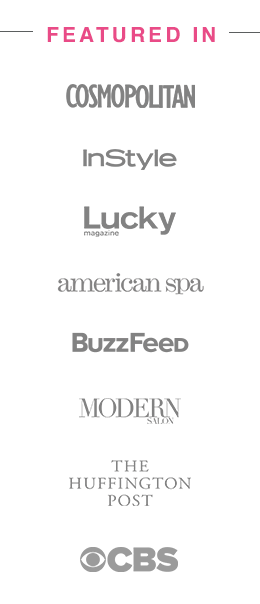
Recent Posts

Are You Taking the Right Steps to Care for Your Skin?
Take the Quiz
Skincare Secrets!
10-step guide for healthy, beautiful skin after kids.
100% privacy. I will never spam you!






